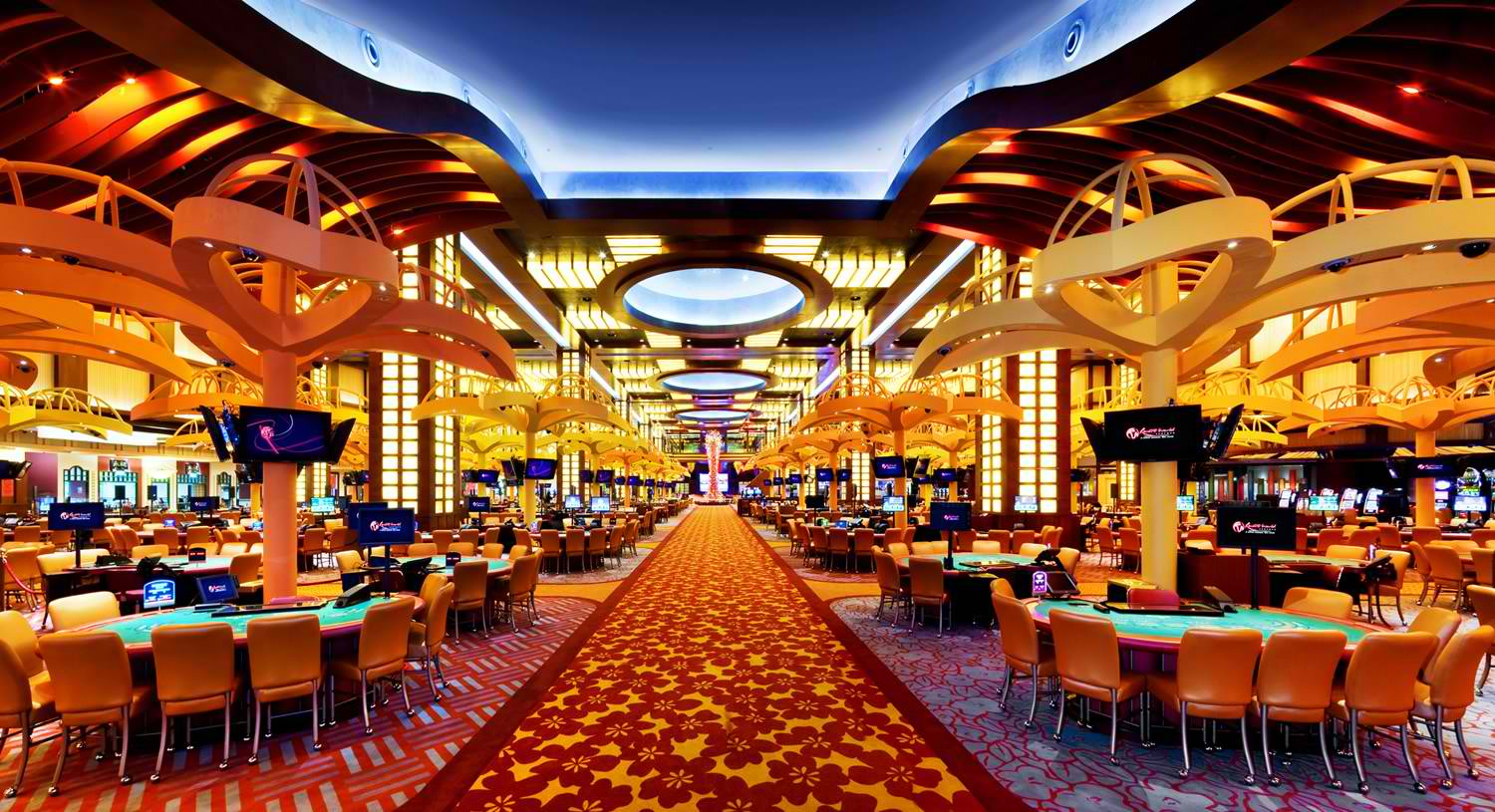
Gambling in casinos has long been a subject of interest and controversy, drawing in millions of players globally. With a blend of luck, skill, and the thrill of uncertainty, casino games offer an exciting escape from everyday life. However, as entertainment becomes ever more accessible, it invites a more thorough examination of the ethical implications surrounding these games.
At the heart of the debate lies the question of whether casinos promote safe gambling or take advantage of vulnerable individuals. The appeal of potential winnings versus the reality of losses can create a challenging dynamic, and understanding this balance is crucial for both players and operators. As we delve into the ethics of casino gaming, we will explore the responsibilities of casinos, the effects on society, and the measures that can be taken to foster a better gaming environment.
The Impact of Casino Gaming on Society
Gambling in casinos has a significant influence on the community, affecting not only the economy but also social behaviors and community structures. The funds generated from casinos can lead to job creation and boost local economies, as they provide various employment opportunities in different sectors including food and beverage, leisure activities, and retail. However, while the financial benefits can be significant, communities often struggle with the possible negative impacts that arise from higher gambling activity.
Additionally, the presence of casinos can lead to an rise in gambling addiction, presenting significant challenges for players and families. The thrill of casino games can quickly evolve into a habitual habit, affecting connections with others and leading to financial instability. Many individuals may find it difficult with the loss of control over their gambling habits, resulting in a need for assistance programs and help to address this growing issue. The social cost of gambling addiction can ripple through families and neighborhoods, creating an urgent need for responsible gaming initiatives.
In addition to the economic and social ramifications, casino gaming often showcases cultural attitudes towards uncertainty and leisure. It can encourage a sense of excitement and leisure, attracting tourists and boosting local travel. However, this allure may also conceal the wider implications of gambling as a method of entertainment, raising ethical questions about its advertisement and availability. As communities weigh the benefits and disadvantages of casino gaming, the need for sensible approaches and oversight becomes increasingly critical in ensuring that the beneficial elements are enhanced while minimizing the potential harms.
Ethical Concerns in Gambling Practices
The morality of casino gaming often center around the potential for addiction and its consequences on people and households. 78WIN Betting can lead to serious monetary distress, impacting not only the gamblers but also their loved ones. As people become caught in the appeal of winning, many lose track of their financial limits, which can result in catastrophic results such as bankruptcy. This raises moral questions about the responsibility of gambling establishments in fostering safe gaming practices and providing support for those who may be struggling with betting addiction.
Another major issue is the promotion of betting to at-risk populations. Casinos often aim at low-income individuals or neighborhoods with the offer of fast rewards, which can perpetuate patterns of financial struggle and hopelessness. In this context, the ethics of advertising strategies used by casinos come under examination, as they may exploit the desperation of individuals seeking an escape from financial hardships. This exploitation raises ethical questions about the integrity of the gambling industry and its obligation to protect its most vulnerable patrons.
Additionally, the effect of gambling operations on the community as a entirety cannot be ignored. While some argue that gambling establishments create employment and boost local economies, others point to the social costs associated with problem gambling, increased criminal rates, and a strain on public resources. 78WIN COM Balancing financial advantages with the potential for community issues presents a challenging moral dilemma for lawmakers and gambling operators alike. The challenge lies in finding a ethical approach that takes into account the well-being of individuals and communities while still allowing for the pleasure of casino gaming.
Oversight Structure and Responsibilities
The regulatory system pertaining to gaming operations is designed to ensure fairness, integrity, and gambler protection. Multiple government bodies and gaming commissions set and apply regulations that dictate how casino games operate, the standards for product creation, and the protocols for managing prizes. These regulations vary by locale but typically involve permit requirements for businesses and strict measures to prevent cheating and dishonesty.
In addition to oversight bodies, gaming businesses bear significant accountability in maintaining principled standards within their facilities. They must adopt ethical gaming practices that support gambler security and consciousness, including offering self-ban options and sharing information about the risks connected to gaming. Operators are also responsible for training staff to spot signs of difficult gaming and know the appropriate actions to assist customers in trouble.
Additionally, clarity in casino operations is vital for gaining and maintaining public confidence. Casinos should present clear details about the chances of activities, promotional deals, and any connected risks. By promoting an culture of honesty and trust, operators can help mitigate the likelihood adverse impact of gambling while boosting the general betting experience for all gamblers.
